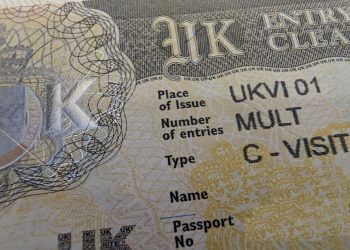Germany is a popular destination for foreigners pursuing doctoral degrees. The number of international doctoral candidates in the country continues to rise, with one out of every seven doctorate students having a foreign nationality. This is due to the excellent research facilities and education provided by German institutions.
If you’re considering becoming a doctoral candidate at a German university, it’s important to familiarize yourself with the various policies and requirements, including German residency and entrance policies, as well as visa policies and residency restrictions. The German consulates or embassies in each country are responsible for issuing visas, which are essential for non-German citizens.
Different visa policies apply to international people from various countries. For those from European countries (Norway, Liechtenstein, Iceland, and the European Union), they simply need to show their identification cards to enter Germany and must register at the Resident Registration Office if they plan to stay for more than three months.
Non-European countries such as Japan, Israel, South Korea, Canada, Australia, New Zealand, and the USA also have their own visa requirements for long-term stays in Germany, including registration at the Resident Registration Office and obtaining a residence permit from the Foreigners Registration Office.
For nationals from third world countries, a German visa is required to enter the country. This entails applying for a visa at the German embassy or consulate in their home country, providing relevant documents, and registering at the registration office upon arrival in Germany.
Before applying for a German study visa, it’s important to consider several key factors. These include applying for the right type of visa, ensuring a timely application process, punctuality in the application process, and ensuring the validity of your passport for the duration of your study.
Foreign researchers enrolling in a doctoral program in Germany must apply for a student visa and submit various documents to the German embassy, including a valid passport, birth certificate, visa application form, and other supporting documents. Once in Germany, obtaining a residence permit is essential for long-term stay and enrollment in studies.
The residence permit is a requirement for international Ph.D. students in Germany, offering various benefits such as the ability to stay in the country for the duration of studies, engage in part-time work, and extend the stay to seek employment after completion of studies.
Overall, obtaining a residence permit as a foreign student in Germany offers a range of benefits, including legal residency, access to advanced healthcare, and participation in social and cultural activities. This legal document provides the opportunity to fully engage in educational and economic pursuits while living and studying in Germany.
Still have some travel questions? Ask in our Travel WhatsApp Group.








